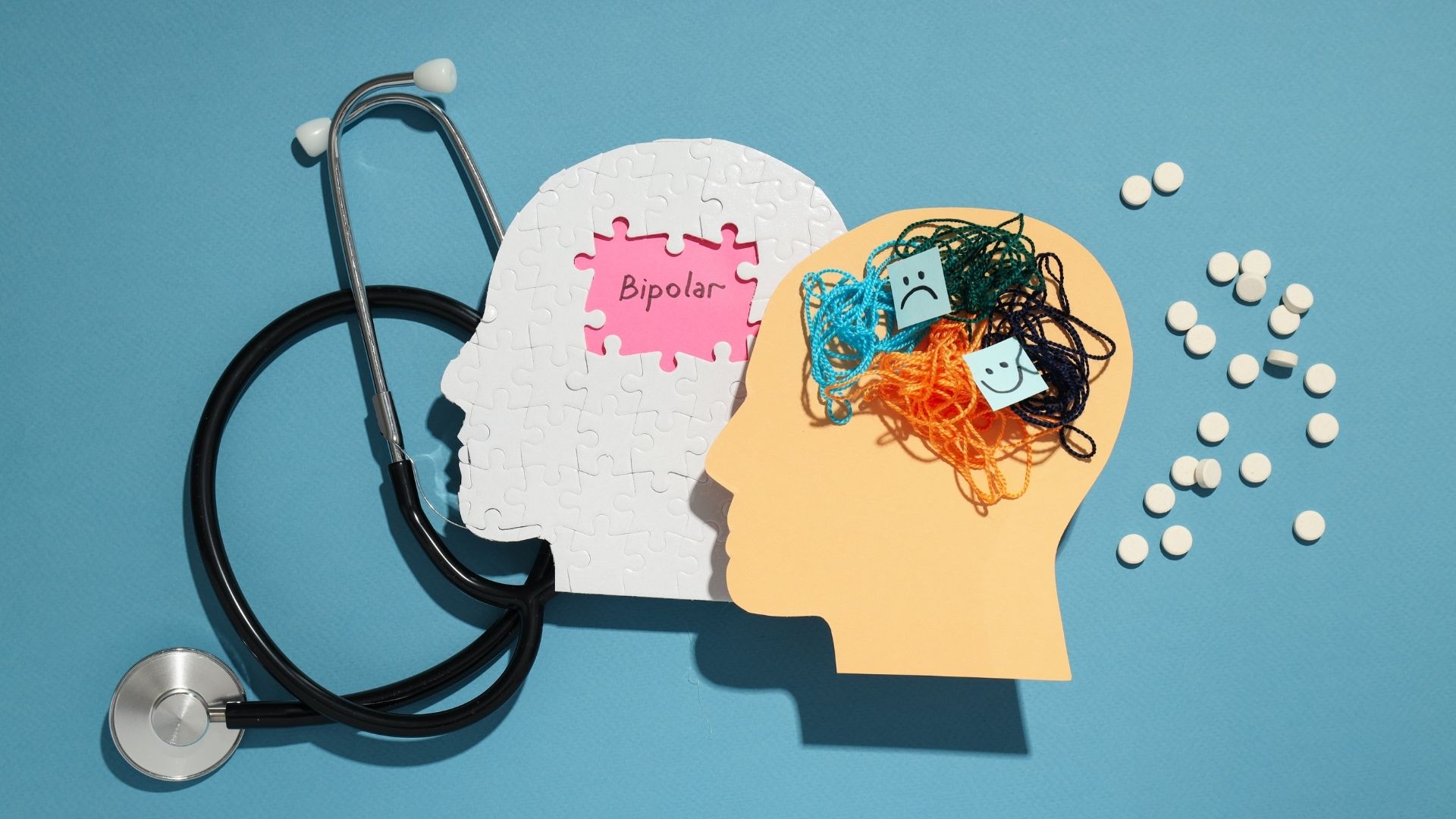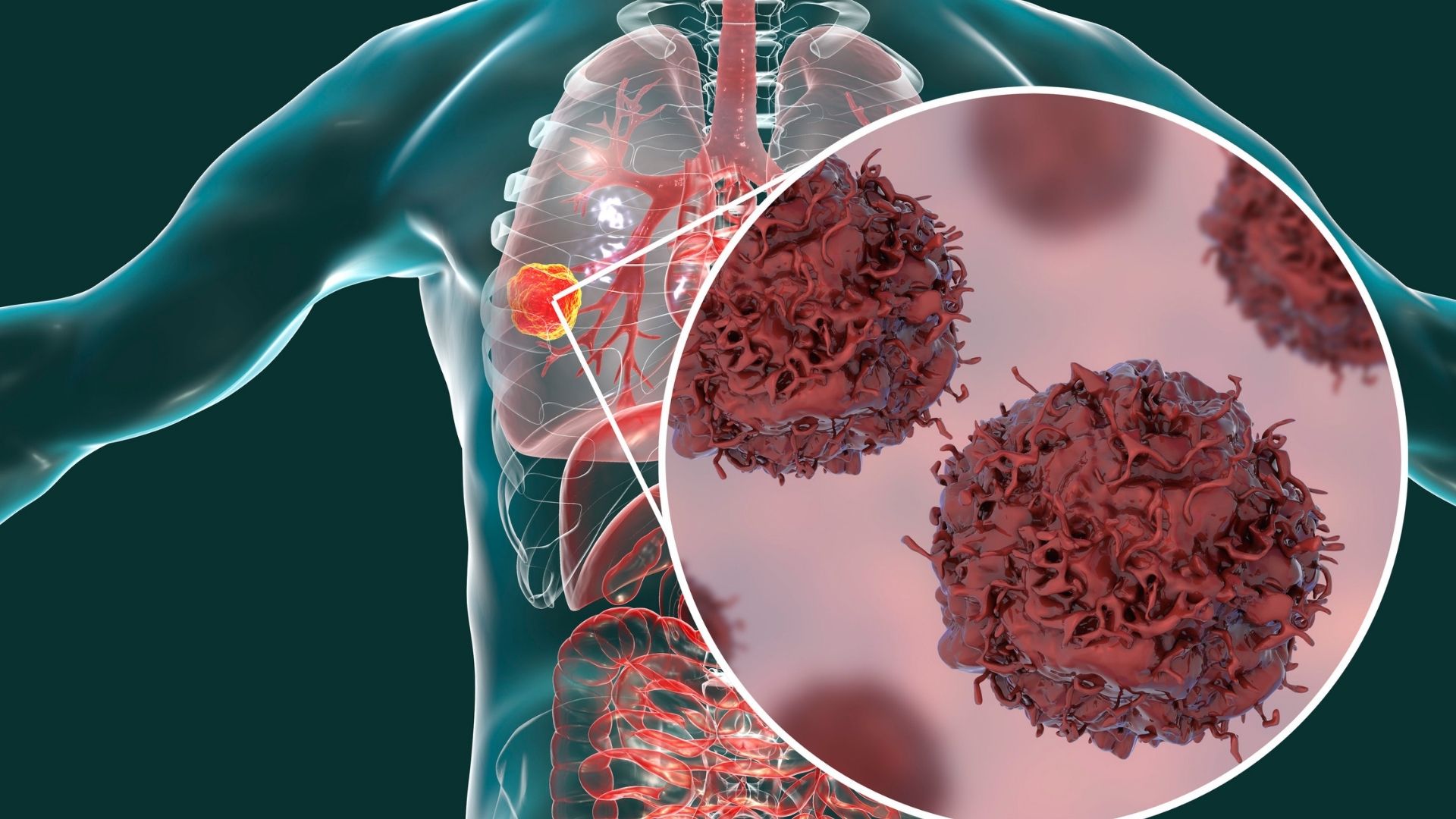Addison’s disease, a rare medical condition, occurs when the human body does not produce enough of certain hormones. This disease, also called adrenal insufficiency, develops when the adrenal glands produce insufficient amounts of the hormones cortisol and aldosterone.
The adrenal glands are part of the endocrine system, which is responsible for producing hormones that guide different organs of the body. Addison’s disease is caused by damage to the adrenal glands. This damage can often be caused by things like autoimmune diseases. Autoimmune disease occurs when the immune system attacks the body’s own tissues. In this case, the immune system may mistakenly perceive the adrenal glands as a foreign threat and damage them.
Glucocorticoid hormones, such as cortisol, enable the body to produce energy from food, regulate the immune system and help to cope with stress. Aldosterone is a mineralocorticoid hormone and controls the balance of sodium and potassium in the body to regulate blood pressure.
Addison’s disease can take two main forms: primary adrenal insufficiency and secondary adrenal insufficiency.
Primary Adrenal Insufficiency: Caused by damage to the cortex of the adrenal glands. This usually occurs as a result of an autoimmune reaction. This type of insufficiency leads to a deficiency in the production of cortisol and aldosterone.
Secondary Adrenal Insufficiency: This type of insufficiency occurs when the pituitary gland or hypothalamus is not functioning properly, resulting in reduced or absent stimulation of the adrenal glands. Cortisol and aldosterone production is therefore reduced.
Addison’s disease presents with slowly progressive symptoms. Symptoms may include extreme fatigue, weight loss, loss of appetite, darkening of the skin, low blood pressure, low blood sugar, abdominal pain, nausea, diarrhea, sexual dysfunction and depression.
The diagnosis is based on the doctor’s assessment of the patient’s symptoms, medical history and physical examination. Blood tests to measure cortisol, aldosterone and ACTH levels support the diagnosis. Treatment involves replacing the missing hormones. For example, cortisol deficiency is treated with corticosteroid drugs such as hydrocortisone, prednisone or methylprednisolone.
It is important that patients watch their salt and sodium intake, take regular doses of medication prescribed by their doctor and have an action plan for emergencies. Individuals with Addison’s disease should be in regular follow-up and communication with their doctor.
Many researchers are working on the development of more effective treatments in the future. These may include techniques to deliver adrenal hormones more accurately, immunomodulatory therapies, gene therapies and stem cell therapies.



